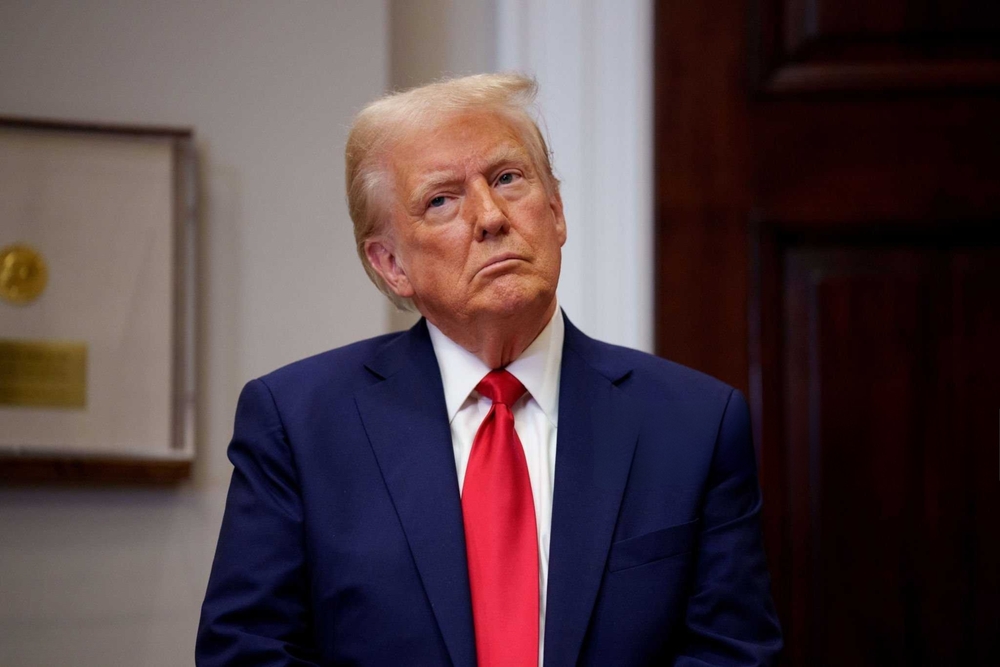
President Trump’s 90-day tariff pause was supposed to give U.S. allies time to respond, but behind the scenes, the commander-in-chief was sweating over the unintended consequences of his policies.
An explosive Wall Street Journal report suggests Trump has a high tolerance for pain when it comes to reshaping global trade, so long as it doesn’t tip the economy into a full-blown depression.
Citing anonymous sources close to the administration, the Journal reported that Trump “privately acknowledged that his trade policy could trigger a recession but said he wanted to be sure it didn’t cause a depression.”
After hearing the outcry from Wall Street heavyweights, Treasury Secretary Scott Bessent played a key role in persuading Trump to hit pause, the report claims.
The takeaway is a double-edged sword. On one hand, it shows Trump isn’t acting unilaterally, and that he’s willing to listen to his inner circle. On the other, it implies a recession is now more likely.
JPMorgan Chase analysts agree, recently raising their recession odds for 2025 to 60%, up from 40% earlier this year.
Around the same time, Goldman Sachs issued a similar warning, saying a recession could become the “base case” for the U.S. economy unless a full-scale trade war is averted.
When the narrative collapsed
Other experts, including former JPMorgan chief global strategist Marko Kolanovic, argue it was the bond market’s meltdown — not Wall Street’s pleas — that ultimately forced Trump’s hand.
“When the bond market collapsed, [Trump’s] whole narrative collapsed,” Kolanovic told MarketWatch in an interview.
“Their first excuse was, ‘Oh well, it worked for bonds,’” he said, referring to the brief drop in the 10-year Treasury yield after Trump’s April 2 tariff announcement.
That drop didn’t last. After plunging below 4%, the 10-year yield surged 55 basis points in just 48 hours — the biggest weekly jump since 2001, according to analyst Adam Kobeissi and Reuters data. The move sent borrowing costs sharply higher across the board.
“We are witnessing a simultaneous collapse in the price of all U.S. assets — including equities, the dollar versus alternative reserve FX, and the bond market,” Deutsche Bank analysts wrote in a research note.
The fact that bonds are crashing alongside risk assets is, in their words, evidence that “the market has lost faith in U.S. assets.”
Under normal conditions, fears of a recession would send investors fleeing to the safety of government bonds. But this time, everything is falling at once as investors race to the exits.
“Everyone wants cash, yet so many are trapped,” Kobeissi said.
Your email address will not be published. Required fields are markedmarked